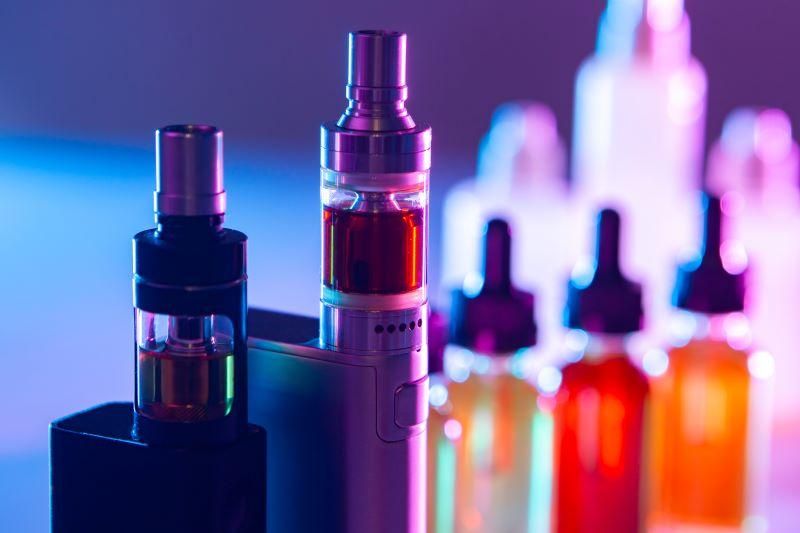
Shehzin Tietjen was 27 years old when she felt a lump in one of her breasts while in the shower. That discovery led to a confirmation of breast cancer, an unexpected jolt at her age. “I was really shocked,” said Tietjen, who lives in Atlanta. Though breast cancer is more common in postmenopausal women, about… read on > read on >


















